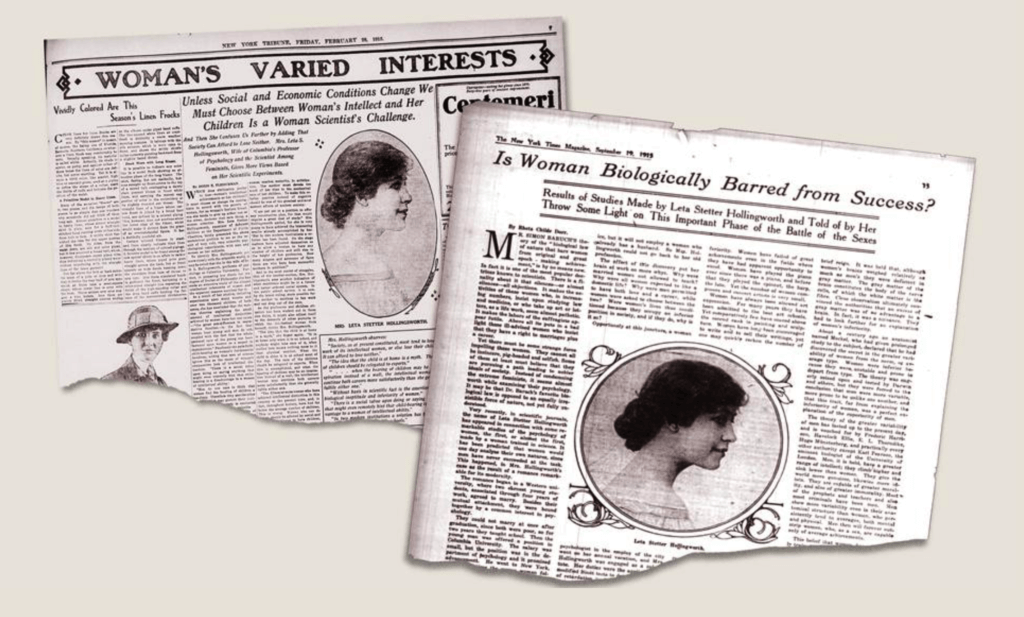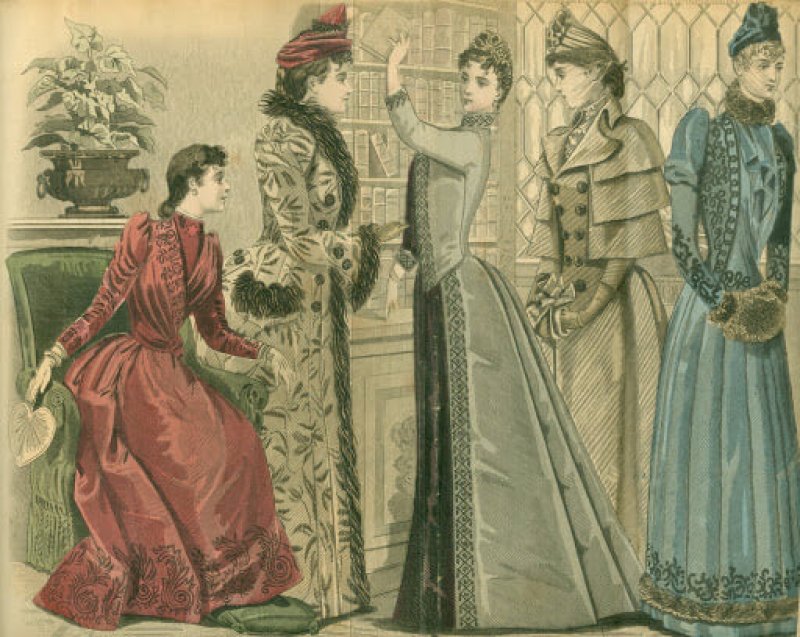One of the first women to scientifically debunk men’s alleged superiority, [trailblazing psychologist Leta Stetter] Hollingworth’s research lent credibility to the burgeoning feminist movement in the early 20th century.
Hollingworth’s early experiments during her graduate work at Columbia University surely would have made her frontiersman father blush. For centuries, men had been mystified by menstrual cycles, claiming women weren’t fit for higher education or the workforce because they were too unstable for a week out of every month.
Even more pernicious, doctors had identified a physical condition, later deemed a mental illness, for women who became overly emotional—hysteria, whose root originates from the Greek word for uterus. And the diagnosis was serious, often leading to dubious treatments and, at worst, being institutionalized.
To disprove female fragility, Hollingworth conducted an extensive series of daily tests on six women and two men over several months, ranging from how fast they could tap a brass plate 400 times in a row to their skills with a typewriter. The result? Women performed equally well across all tasks, even during their periods.































